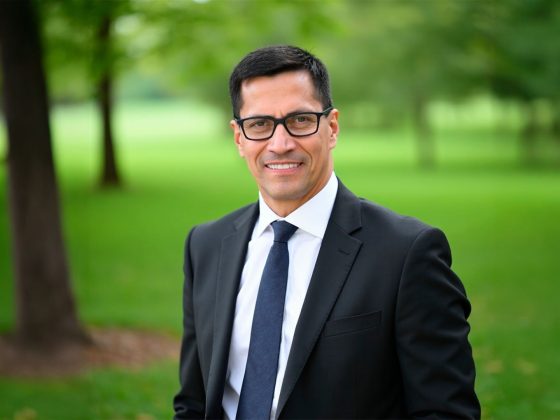In the high circles of the super-wealthy, to where wealth is not just a sign of accomplishment but a question of birthright, the craft of perpetuating and growing that wealth through generations is a delicate and subtle process. Traditional concepts of wealth management are not just concerned with the financial accumulation of assets, but building a financial base for generations that will catalyze the growth of the economy and sustain the family’s togetherness. With such enormous amounts of money at their disposal, the affluent face numerous challenges in managing them, minimizing losses, and passing down financial literacy to future generations.
The Pillars of Legacy Preservation: Trust Structures and Wealth Transfer
Fund transfers are central to the conceptualization of any viable legacy wealth management strategy. Trusts, which are perceived to be one of the best ways of protecting wealth, come with numerous benefits such as avoiding estate taxes and personal influence in the wealth release process. For instance, creating a dynasty trust capital can be helpful in making sure that a family’s wealth is inherited by the subsequent generations without the dilutions of creditors or taxes on estates.
Beyond the mere creation of trusts, it is important to understand how and where assets should be placed in these vehicles. Families need to differentiate the kind of assets they wish to transfer and when they intend to make such transfers. For instance, donating appreciable property in the course of the donor’s lifetime can help shrink the estate that is chargeable to tax while the beneficiaries will have the prospects of the growth in the value of the offered asset. Such transfers, therefore, must be well planned considering current changes in tax laws and future changes in the same hence the need for experts from estate planners.
Philanthropy as a Legacy: Creating Enduring Impact
In most wealthy families, legacy does not end with financial capital, instead, it is the legacy that they will be leaving behind to the society. Strategic philanthropy provides a unique opportunity to create a meaningful and lasting impact by integrating the family’s values and its financial success. Building a family foundation or opening a donor-advised fund not only has great tax benefits but also creates unity for the family.
Such philanthropic activities, when well planned, can be the force that holds the family together and teach the next generation on the importance of being responsible with the wealth that they have been endowed with and act ethically. The management of the family business at the formation of the family foundation or the charitable trust gives heirs an opportunity to increase awareness about financial issues as well as their level of concern of social issues. Further, by including philanthropy as part of the wealth management plan, families can be confident that their philanthropic activities are aligned with the families’ long-term vision.
Educating the Next Generation: The Role of Financial Stewardship
Conserving a family wealth is as much about enlightening the heirs as it is about structuring the financial assets. Money can vanish as fast as it was acquired, that is why, wise values orientation in heirs is indispensable. This education should start at a tender age, due to the fact that children also have the right to understand why money is valuable, what is expected of people who receive it, and how one should act cautiously while handling it.
High net worth individuals use family governance consultants, and these can help in arranging planned learning programs for the younger generations. These could include basic financial literacy, engagement in the family business, or in charitable organizations. The intention is to develop responsible stewards who are armed with proper knowledge and competence in the same way as to enable them make the right decisions whenever they are called upon to manage the family wealth.
Legacy wealth management is truly a rich and complex discipline focusing not only on sophisticated financial tools, legal compliance, but also family dynamics. This is not just about the rich making sure that they maintain their wealth for generations, but a noble mandate that involves planning, embracing change, opportunity recognition and the development of the next generation of the wealth holders. Families can therefore ensure that their wealth is preserved for the generation to come and ensure that the values and principles of the family heritage are maintained throughout generations.
Image Source: pexels.com









